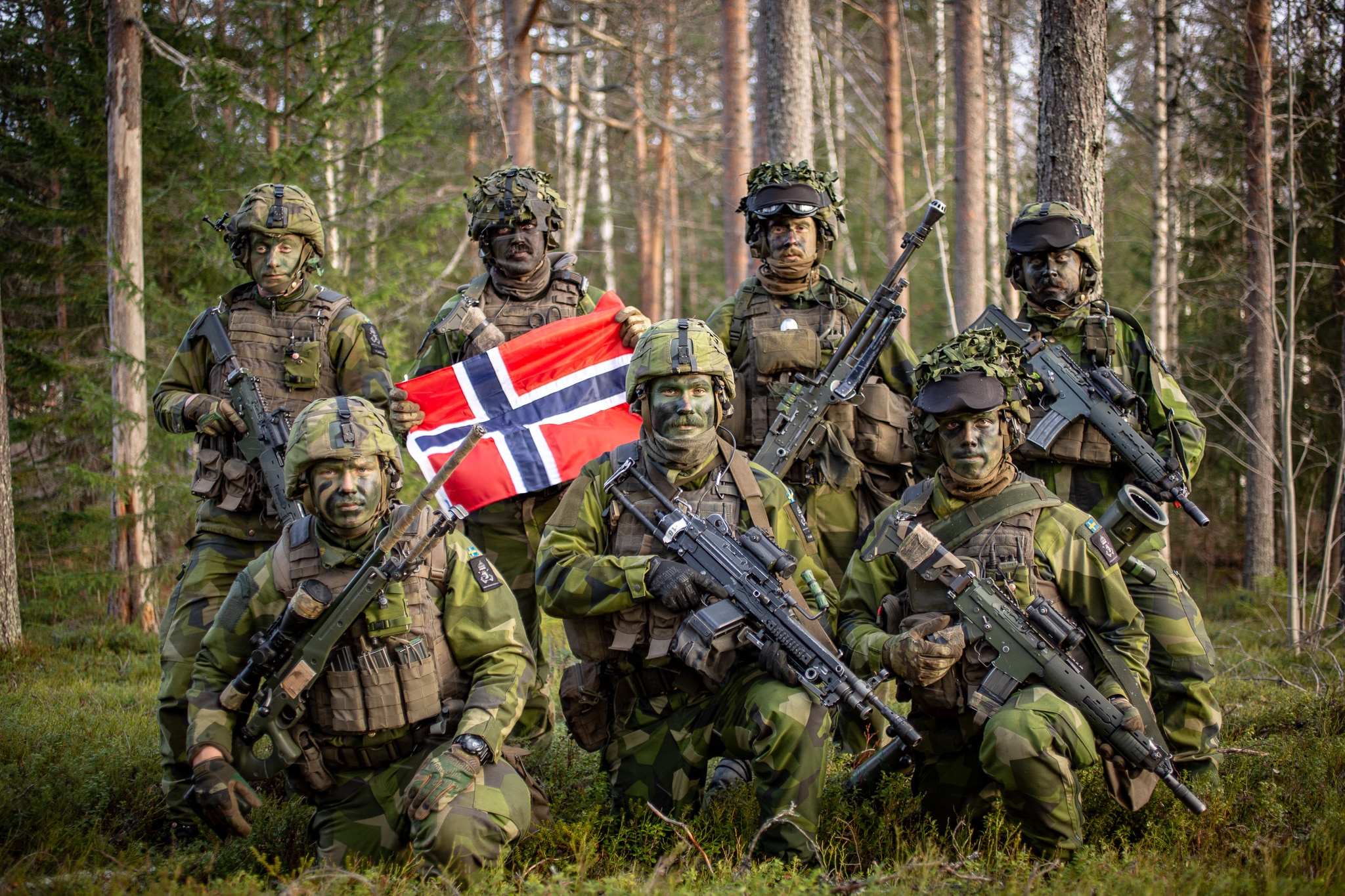After over 600 days of waiting due to Hungary’s resistance, Sweden has been approved to join the North Atlantic Treaty Organization (NATO), becoming the alliance’s 32nd member. This historic decision signifies a departure from Sweden’s long-standing policy of military nonalignment. The Hungarian parliament’s vote, 188 to 6 in favor, marked the final endorsement required for Sweden’s NATO membership, a process that has seen broad European consensus despite initial delays.
The accession of Sweden to NATO is a response to the evolving security landscape in Europe, particularly following Russia’s invasion of Ukraine. Sweden’s move towards NATO, closely following Finland’s membership, enhances the alliance’s presence in the Baltic Sea and strengthens collective defense capabilities against potential aggressions. This strategic expansion of NATO is perceived as a setback for Russia, which has vocally opposed the Nordic countries’ membership and threatened retaliatory measures.
Hungarian Prime Minister Viktor Orbán, known for his contacts with Russian President Vladimir Putin, eventually endorsed Sweden’s bid after prolonged negotiations and a defense deal with Swedish Prime Minister Ulf Kristersson.
NATO Secretary-General Jens Stoltenberg and other European leaders have welcomed Sweden’s accession, highlighting the collective strengthening of security and defense capabilities it brings. German Chancellor Olaf Scholz also expressed positive remarks on Sweden’s membership, emphasizing the benefits for all alliance members.
Expanded Coverage:






